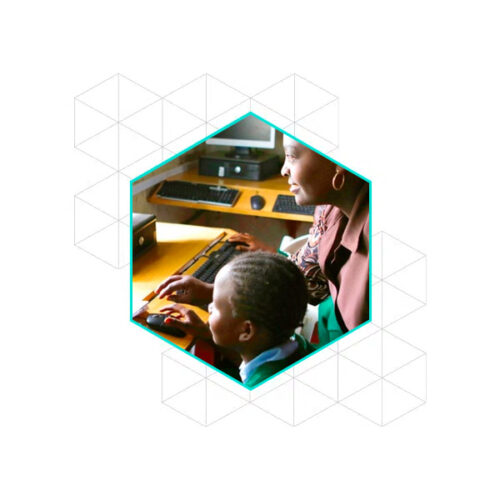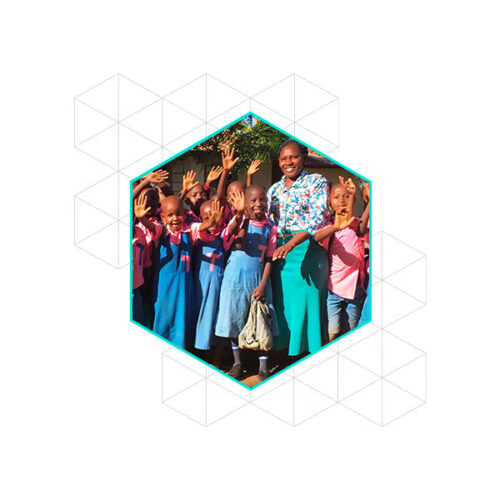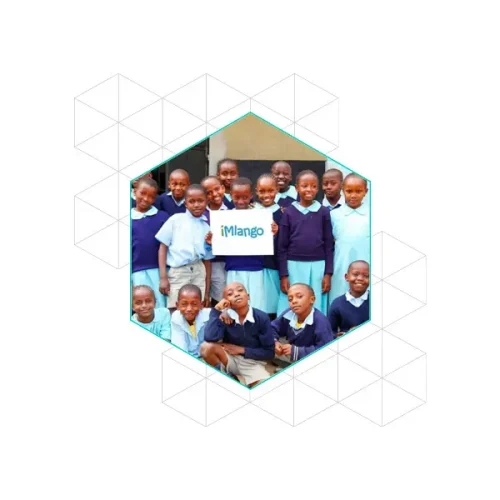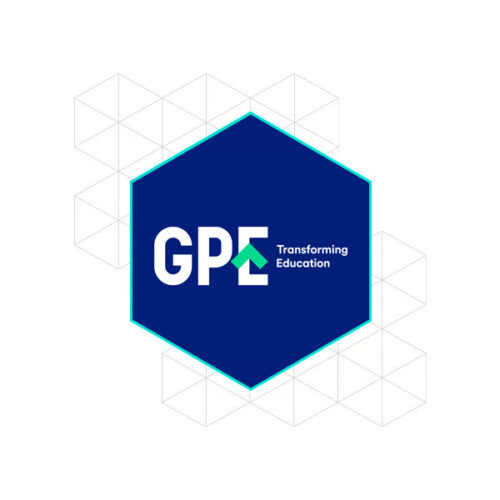Education is a fundamental human right that shapes minds and lives, builds communities, and stimulates long-term economic growth. In today’s rapidly changing world, access to quality education is more crucial than ever. But for many people, especially in Africa, access to basic education is a luxury.
Across sub-Saharan Africa alone, 98 million children between the ages of 6 and 18 are currently out of school. At Avanti, we are working hard to change this reality by improving access to education through satellite connectivity, so that remote and marginalised communities are empowered to reach their full potential.
